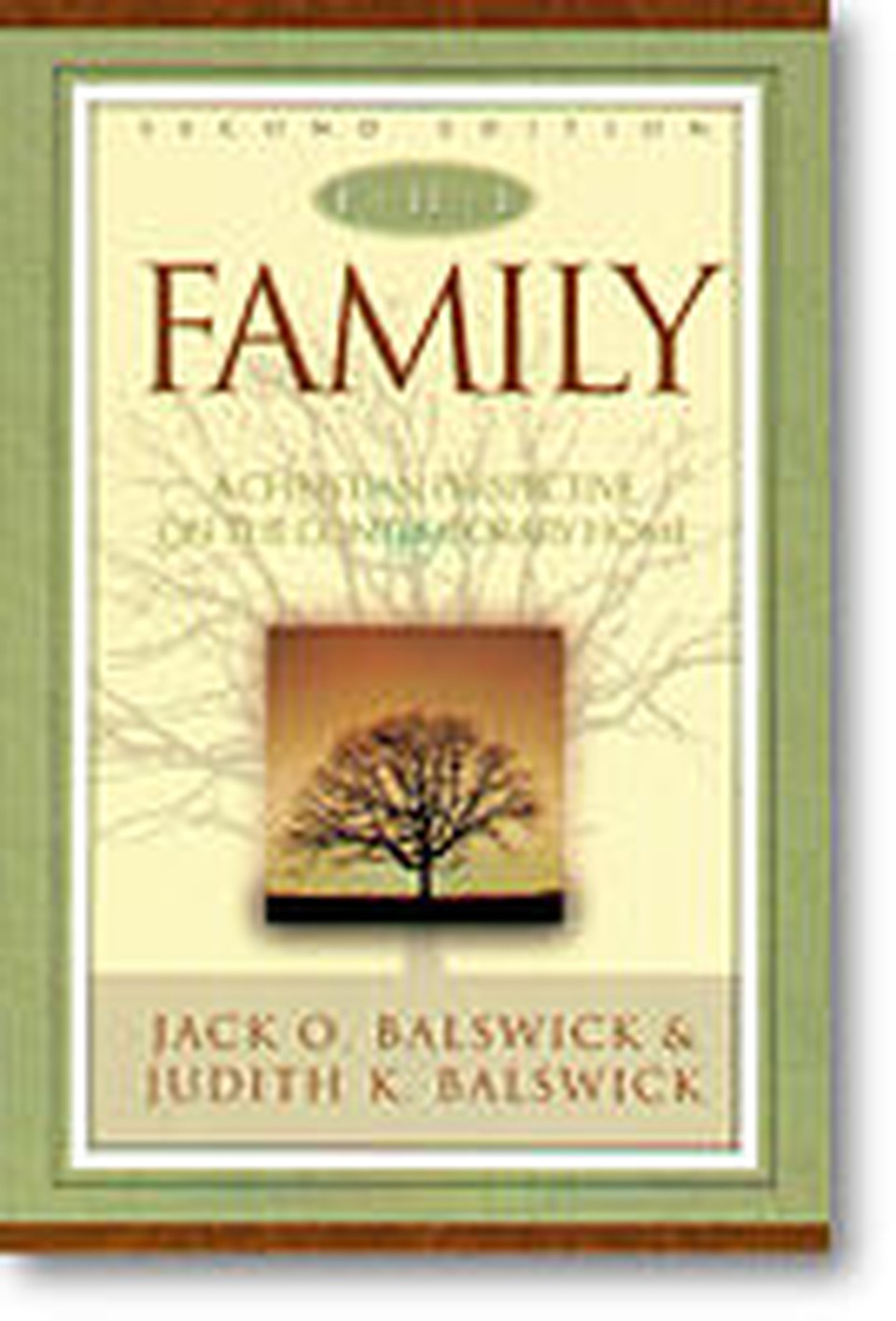Learn how to have a fair fight

The rules of fair fighting:
- Identify the issue. This is difficult because most conflicts involve more than a single issue. Participants may differ as to what the central issue is. Little progress can be made until each person involved knows how the others define the conflict. Where there are multiple issues, agree on which one to tackle first, then try to understand how they are all interrelated.
- Choose the right time. If cooling off is necessary, schedule the main event for a mutually convenient time. An example: if a 16-year-old son arrives home at midnight, one hour past his curfew and with alcohol on his breath, don't start a fight. A brief explanation from the son, an expression of concern by the parents, and a promise to discuss the issue the next day is the best plan of action.
- Choose the right place. Find neutral territory where each person is on equal footing and where you can be free from interruptions. The father's workshop is an inappropriate place, as is the wife's study or the child's room.
- Begin with a positive stroke. Instead of saying, Sally, we're tired of your throwing towels and dirty clothes all over the bathroom. Shape up! It's better to begin with a positive comment: Sally, you're generally very good at following the family rules, but you seem to have forgotten the agreement regarding bathroom tidiness. We'd appreciate it if you'd pick up your clothes and hang up the towels after you shower.
- Stick to the issue. Don't let related points sidetrack or diffuse the major issue.
- Don't bring up the past. It's tempting to dredge up past hurts and complaints. Deal with each conflict as it arises so you don't have to fight - or re-fight - old complaints.
- Don't hit below the belt. Verbal attacks on areas of personal sensitivity are prohibited. For example, a reference to weight or a reference to stinginess may be a hit below the belt. Call the foul aloud and move on to the real issue.
- Take the other seriously. Ridiculing or laughing at the other person during a fight is inappropriate.
- Express anger nonabusively. Physical abuse is never the way to deal with anger. Remember that anger is a personal choice and cannot be blamed on anyone or anything.
- Don't play games. Don't be a martyr, feign weakness or neediness to get others to do it your way.
- Don't be passively aggressive. The person who behaves in this manner will wield a great deal of control in the relationship. An example is a family on the way to church. Everyone but Greg is waiting in the car. Greg, who is mad at his parents, casually takes his time walking out to the car. Since the others can't deal with his anger openly, no resolution is possible.
- Avoid labeling and name-calling. Calling a person stupid, conceited, childish, spoiled, compulsive, or some other derogatory adjective only antagonizes the other person and can destroy any chance of reasonable discussion.
- Avoid triangles. If 13-year-old Kathy is fighting with 15-year-old Chad and Kathy suddenly turns to her mother for support, a wise parent will not be drawn in. Let the primary participants deal with the issue.
From The Family: A Christian Perspective on the Contemporary Home by Jack O. Balswick and Judith K. Balswick. Used by permission of Baker Book House Company, Grand Rapids, Mich. Copyright (c) 1989, 1999 by Jack O. Balswick and Judith K. Balswick. All rights to this material are reserved. Materials are not to be distributed to other web locations for retrieval, published in other media, or mirrored at other sites without written permission from Baker Book House Company.
Jack O. Balswick (Ph.D., University of Iowa) is director of marriage and family research and professor of sociology and family development at Fuller Theological Seminary.Judith K. Balswick (Ed.D., University of Georgia) is director of clinical training and associate professor of marriage and family therapy at Fuller. They are the authors of Families in Pain and The Dual-Earner Marriage.
Originally published December 26, 2001.







